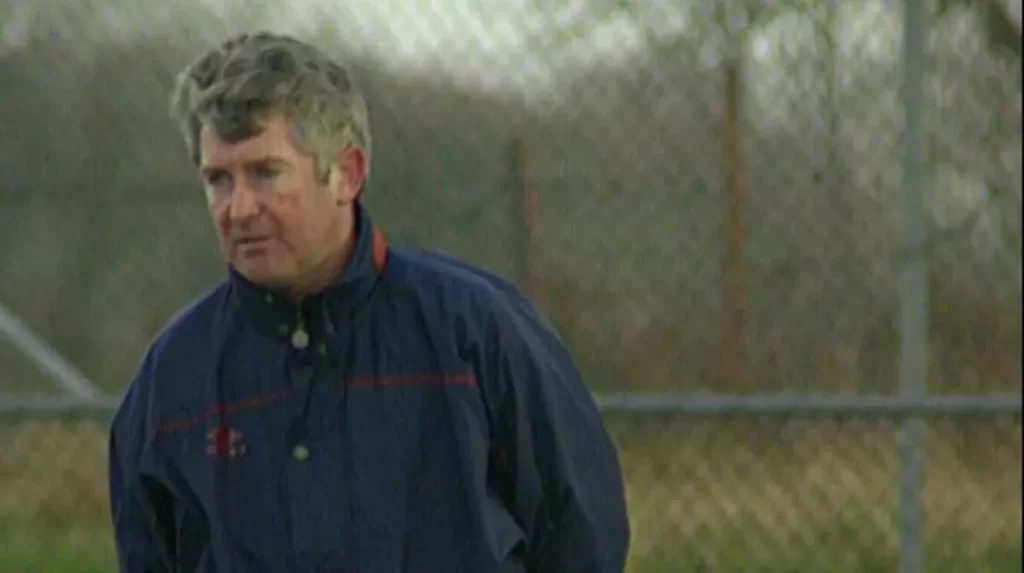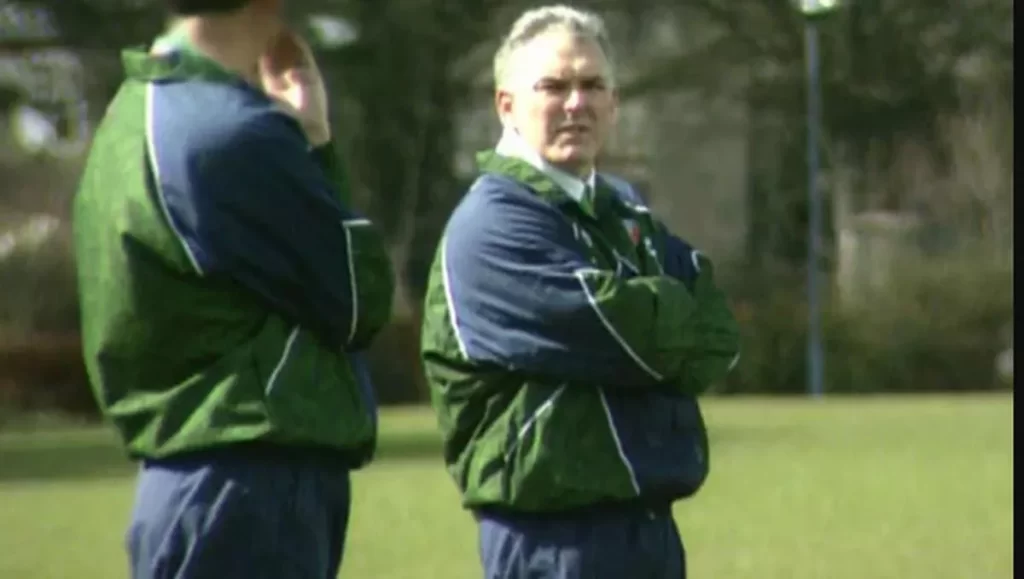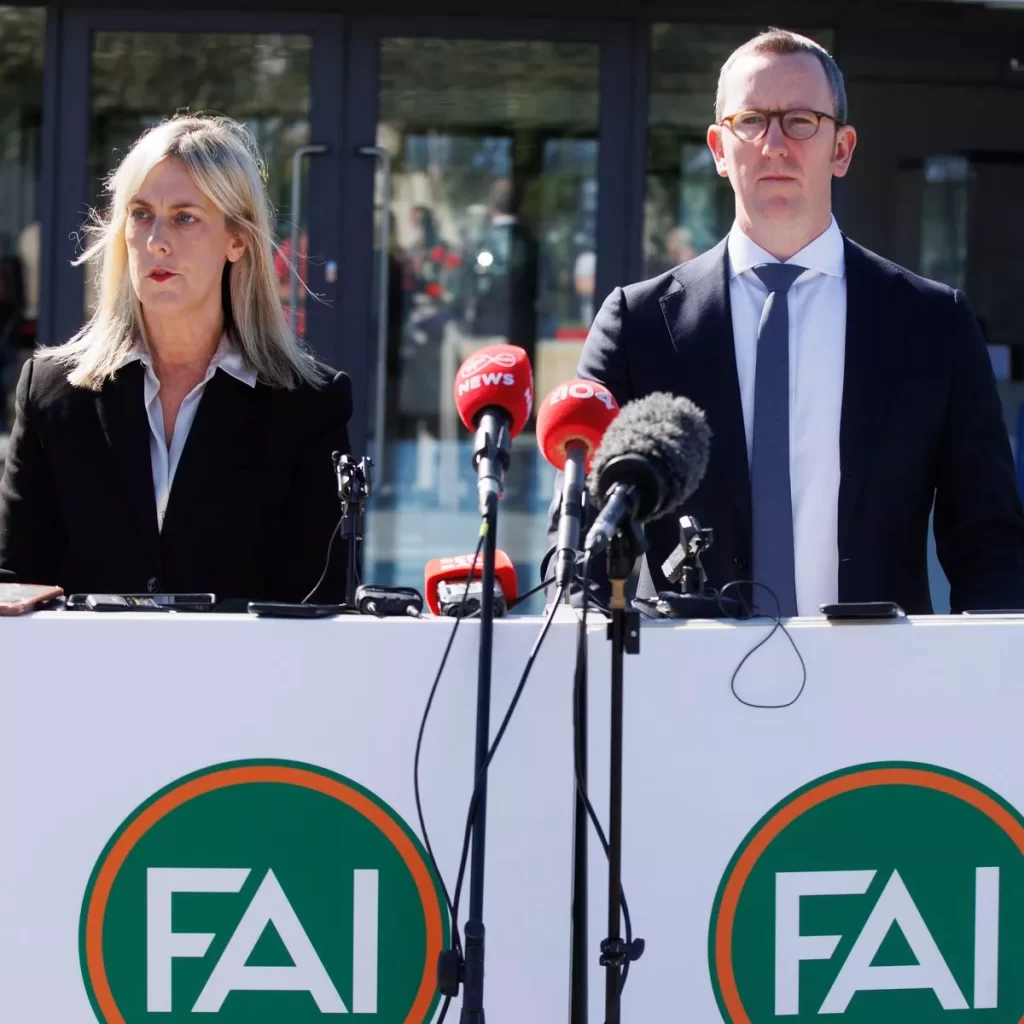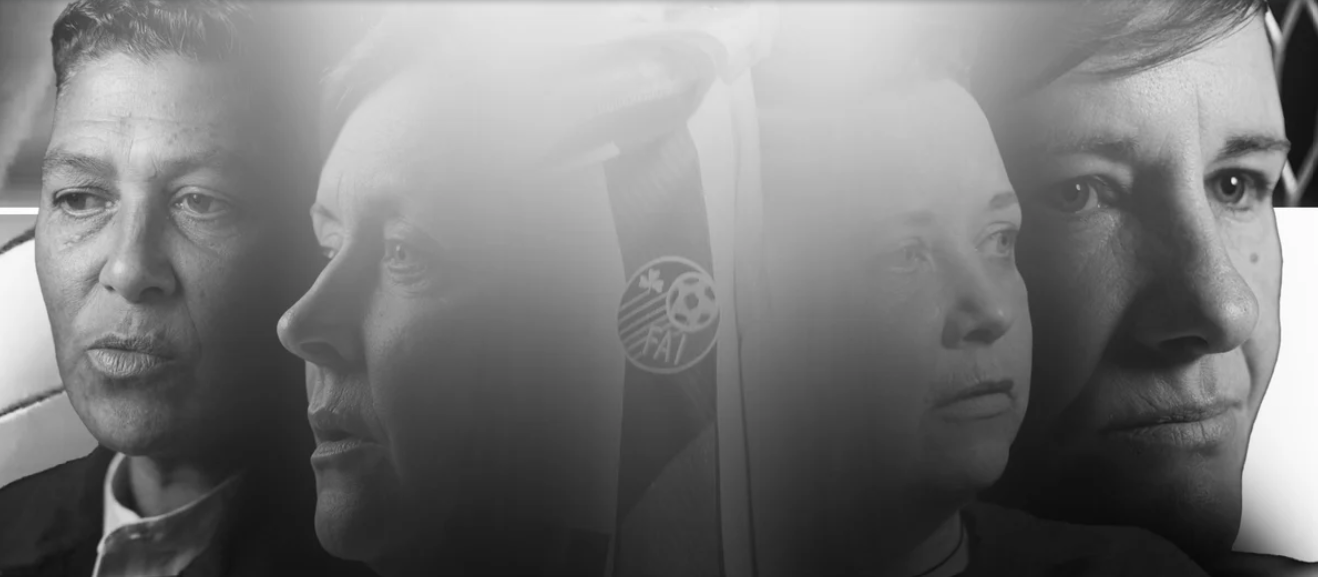In a harrowing revelation, multiple female footballers have come forward with allegations of unwanted and inappropriate sexual advances by Football Association of Ireland (FAI) coaches during the 1990s. This information emerged through a joint investigation by RTÉ Investigates and the Sunday Independent, bringing to light the experiences of former international players and trainees on Ireland’s first state-funded all-women soccer course.
Eamonn Collins: Allegations and Impact
Among the accused is Eamonn Collins, now a football agent, who was the head coach of the FAS course in Leixlip. Five out of the 20 trainees on the course have alleged that they were subjected to sexual advances by Collins. The women, many of whom initially believed they were the only ones targeted, expressed shock upon discovering that others had similar experiences.
Bridget McDonald, then 21 and openly gay, recounted a night of drinking with Collins that ended in sexual intercourse. Collins warned her afterward that she could be pregnant, an incident that profoundly affected her. Another trainee, referred to as “Adele,” described a disturbing encounter where Collins asked her to stay behind to clean a changing room. He then approached her, began kissing her, and pinned her against a shower wall. Lynn Winters, who was 18 at the time, alleged that Collins inappropriately touched her during a testimonial dinner and coerced her into “dates” where he would make unwanted advances.
Collins received a “stand down” order from the FAI in March, which is a precautionary measure during a complaint or inquiry by a statutory body. This order does not determine guilt but is part of the FAI’s complaints process. A formal complaint against Collins is now under Garda investigation.

Mick Cooke: Allegations of Homophobia and Misconduct
The investigation also scrutinised the tenure of Mick Cooke, the former manager of Ireland’s women’s national team. Cooke faces accusations of creating a homophobic environment. Former player Katie Liston, now a lecturer, recalled Cooke stigmatising gay women and expressing a desire to “get rid of the lesbians” from the team. Jackie McCarthy-O’Brien alleged that her career with the national team ended after she refused an unwanted kiss from Cooke. Another player, “Alice,” described Cooke as charismatic but extremely vulgar during training, recounting an incident where he demanded a kiss that left her feeling physically ill.
Cooke also received a stand down order from the FAI earlier this year. He has denied all allegations, stating he never kissed any player or made homophobic remarks. Cooke asserted that many players had positive experiences under his leadership.

FAI’s Reaction and Apology
The Football Association of Ireland (FAI) responded to these disturbing allegations with a mix of shock, remorse, and a commitment to addressing the issue. In a media briefing, FAI Interim CEO David Courell expressed profound apologies to the affected former players, stating, “We are sorry for what you had to endure, we’re sorry that anyone could have ever felt unsafe.” He acknowledged the inadequacy of past practices and reporting structures, emphasising that modern safeguards should have been in place.
An FAI statement echoed these sentiments, acknowledging the courage of the women who came forward and vowing to ensure such incidents never happen again. The association described the allegations as “serious historical abuse and manipulative behaviour,” and pledged to treat the issue with utmost priority and seriousness. The FAI has since taken immediate action, providing support to the affected individuals and reporting to statutory bodies. Precautionary measures have also been implemented to protect current players, including the launch of a safeguarding awareness campaign titled “Play It Right.”
The FAI’s response underscores a commitment to fostering a safe environment for all participants in Irish football. By acknowledging past failings and taking decisive action, the association aims to rebuild trust and prevent future incidents of abuse and misconduct. The experiences of the women who bravely shared their stories have prompted significant reflection and reform within the FAI, marking a pivotal moment in the organisation’s history.








